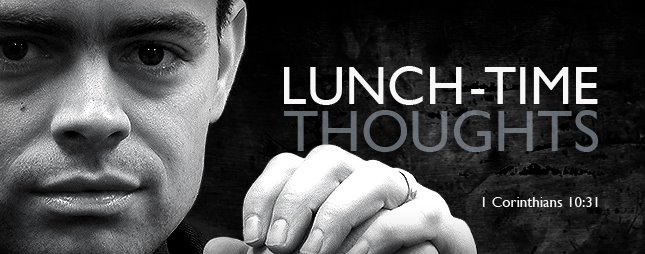If you are confused as to why I'm posting this, you should read this post...
DOCTRINES OF GOD:
Doctrine 2 / 36: Deity of Christ
The doctrine of the Trinitarian God is truly mysterious in many ways. As will be seen, however, the plain teaching of Scripture declares that Jesus Christ is God in fleshly form. Many religions will teach that Jesus was either a lesser god, or simply the son of God. This misunderstanding can come either from an attempt to encapsulate the incomprehensible teaching of the Trinity into a form man can understand, or it can come from an honest, yet erroneous, view based on some statements in Scripture - statements like: "My Father is greater than I," and speaking of Jesus, "he humbled himself" and "though he were a Son, yet learned he obedience." The doctrine of the Deity of Jesus Christ is that Jesus is the same in nature, sharing the same incommunicable attributes as God the Father, even though Jesus also took on the nature of man.
The plain, clear teaching of the Bible is that Jesus Christ was God. This can be seen in direct statements that Jesus made about Himself. It can be seen in His enemies responses to Him. The deity of Christ can be found also throughout the apostle Paul's writings and other Old and New Testament books.
John 10:30: "I and my Father are one." This verse shows the unity Christ has with God the Father. Even though a husband and wife are said to be one, and even as Christians are desired to be one with God, the unity with the Son and the Father does not stop there. Jesus said, "He that hath seen me hath seen the Father" (John 14:9). In the book of Hebrews, this idea of Christ being the visible image of the Father is expanded, calling Jesus, "the express image of his person." Jesus is the visible image of the invisible God.
Jesus' enemies in the gospels, confirm the truth that Jesus claimed to be God. The Pharisees understood this claim when He declared Himself to be the Son of God. Being the son of man, means that you are the same nature as a man. A son has the same nature of his father. It is true that a human child needs to grow and learn in order to share some of the characteristics of his father, but in nature they are the same. Jesus had the nature of God, and claimed to have it when He called Himself the Son of God. However, not only did Jesus have the same nature, but He even shared with the glory of God the Father before the world was (John 17:5). The enemies of Jesus understood these claims and in John 5:18: "Therefore the Jews sought the more to kill him, because he not only had broken the sabbath, but said also that God was his Father, making himself equal with God."
There are other very clear statements in the Bible that confirm this doctrine. John 1:1: "In the beginning was the Word, and the Word was with God, and the Word was God." Verse fourteen of that chapter clarifies that the Word became flesh, and that this Word was Jesus Christ. Jesus Christ was God. 1 Timothy 3:16 is also another clear proof: "And without controversy, great is the mystery of godliness: God was manifest in the flesh..." The Almighty Creator, took upon Himself the form of sinful man. He left the glory of Heaven, and He was manifest in the flesh. His name was called, Immanuel. Isaiah 9:6 calls Him, The Mighty God. Philippians 2:6 says that He had the same form as God. Hebrews 1:8 has God the Father saying to the Son, "Thy throne, O God, is for ever and ever..."
Two Old Testament prophecies also demonstrate the Deity of the Messiah. In Malachi 3:1, Jehovah God speaks through His prophet Malachi and says, "Behold, I will send my messenger, and he shall prepare the way before me..." the messenger coming, was going to prepare the way for the LORD. This prophecy is fulfilled by John the Baptist preparing the way for Jesus Christ. A second prophecy found in Zechariah 12:10: "...And they shall look upon me whom they have pierced." Again, this is the LORD God, Jehovah, talking. He says that they will look upon Him, and that He is Whom they pierced. When Christ came to earth, He is Who was pierced.
What then is to be said about the sayings of humiliation of Jesus. How can Jesus be equal with God, and yet say that His Father is greater than He? The answer lies in the fact that Jesus' humbling of Himself was not a changing of His nature, but rather a perfect obedience demonstrated. By voluntarily submitting His role to that His Father, He put Himself in a position of obedience. That did not change His nature, or take away from His omnipotence or infinite greatness.
God purchased His church, with His own blood (Acts 20:28).

3 comments:
Hmm, are you posting your thesis on your blog, so you don't lose it again. Is this your back up plan?
That was mentioned in my first thesis post, yes!
Hmm, ok, now I understand, I guess I need to read every blog word for word and comprehend better :o)
Have a great day, writtng your Thesis...your thesis, your thesis,can't stop thinking on your thesis...pretty soon May 14...Yaaa!!!
Try to stay well, hope you don't get sick!
Post a Comment